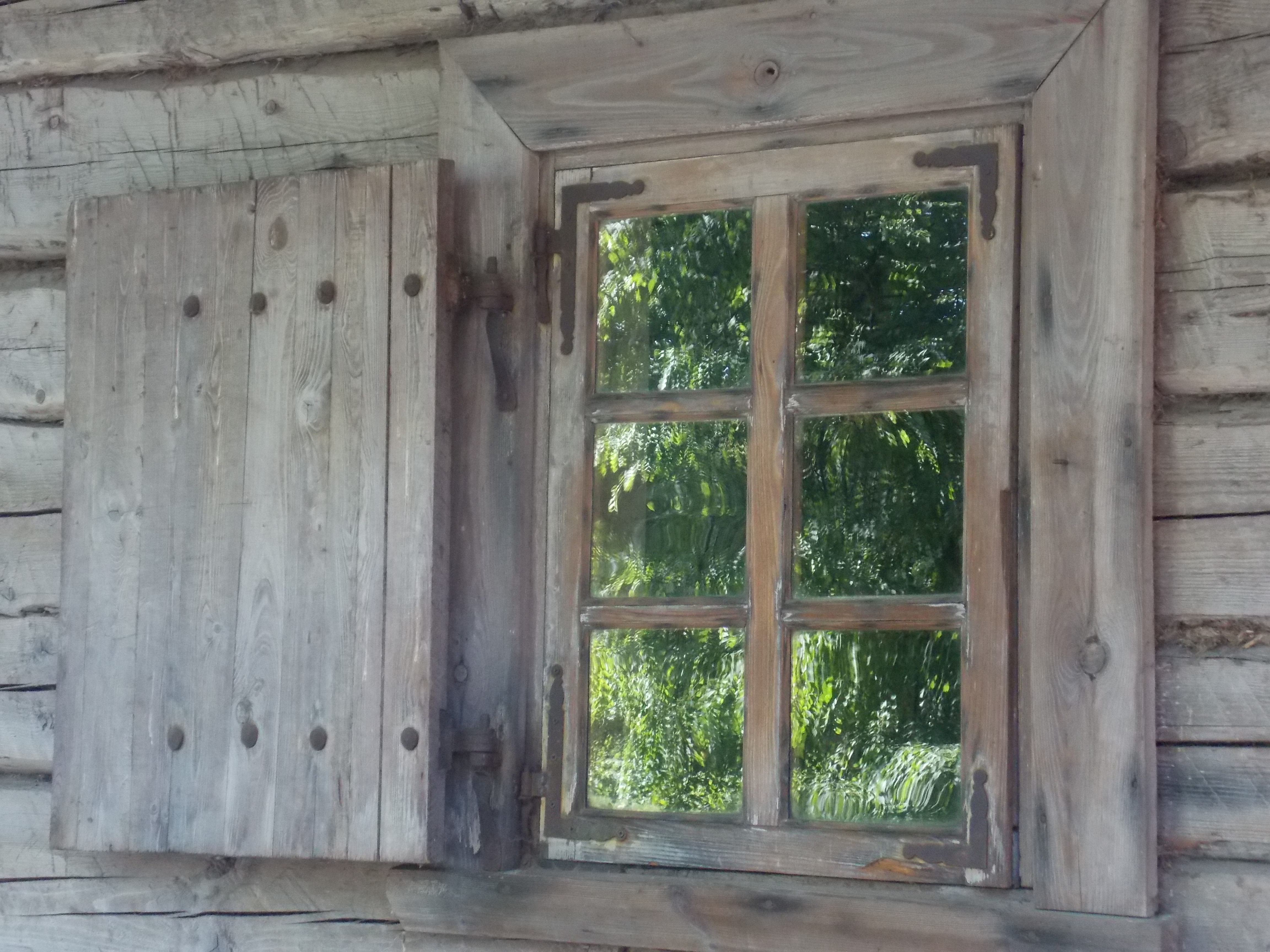Do you have a wish list of influential people you would like to meet? High on my list is Vaclav Havel. I wish I could have met him as his prophetic wisdom is on my mind …
This goes out to everyone flirting with authoritative regimes and ideas where truth does not matter, where freedoms can be traded for economic stability and security, where all the problems is someone else’ fault and the rest of the world is threatening place to be isolated from. I wish I could transport you back in time to Latvia on May 4, 1990… There are some hard and painful lessons learned that Latvians can teach!
Today is a national holiday in Latvia. We celebrate and remember the events of May 4 in 1990 as the anniversary of Declaration on the Restoration of Independence of the Republic of Latvia which was adopted by the Supreme Soviet of Latvian SSR (Soviet Socialist Republic)
It sounds like a paragraph from Wikipedia but for millions of people from Europe it means something profound, life changing and universally important. It also means the experiences and lessons of the past, the realities and understanding of the present and the dreams and challenges of the future.
Talking about the past, one of our common and real experiences was living in a ‘post-truth’ and often ‘invented truth’ world. I want to quote Vaclav Havel from his famous essay The Power of the Powerless: “Because the regime is captive to its own lies, it must falsify everything. It falsifies the past. It falsifies the present, and it falsifies the future. It falsifies statistics. It pretends not to possess an omnipotent and unprincipled police apparatus. It pretends to respect human rights. It pretends to persecute no one. It pretends to fear nothing. It pretends to pretend nothing.”
Even the name – Latvia Soviet Socialist Republic. This was not real ‘republic’ with freedom, democracy and the rule of law. This was not real ‘socialism’ where social justice actually means something. And it certainly was not ‘soviet’ which literally should mean that it is the council of the people.
Another experience of this past is again well-expressed by Havel: “The essential aims of life are present naturally in every person. In everyone there is some longing for humanity’s rightful dignity, for moral integrity, for free expression of being and a sense of transcendence over the world of existence. Yet, at the same time, each person is capable, to a greater or lesser degree, of coming to terms within the lie. Each person somehow succumbs to a profane trivialization of his inherent humanity, and to utilitarianism. In everyone there is some willingness to merge with the anonymous crowd and to flow comfortably along with it down the river of pseudo-life.”
On May 4, 1990 there was such a wide-spread and irreversible feeling that people are tired of living this pseudo-life. There was a large crowd gathering for demonstration and support but it was not anonymous anymore. Each face had a name, each voice mattered, each person felt important realizing that freedom and regained dignity is possible. This truly was the power of the powerless.
These experiences define who I am today. Even though I was very young and don’t remember details, it has a direct link to how I view the world. We call the year 2016 as the year of ‘post truth’. It is tragic and dangerous and many other adjectives I could add. Havel wisely wrote that “Living within the truth, as humanity’s revolt against an enforced position, is, on the contrary, an attempt to regain control over one’s own sense of responsibility. In other words, it is clearly a moral act, not only because one must pay so dearly for it, but principally because it is not self-serving.”
Truth is not self-serving. It answers to a higher master and it serves a higher purpose and it calls everyone to personal responsibility. And this where the future challenge lies – we succumb again and again to pseudo-life, pseudo-justice, pseudo-plurality and other convenient lies.
Today in Latvia we remember where we were and who we were and we talk about where we are and who we are now. And we reflect on where we want to be and how to get there.
Celebrate with us! With love from Rīga

Latvian:
Šoreiz es netulkošu burtiski, bet pārstāstīšu galveno domu, jo šis ieraksts latviešiem nozīmē pavisam kaut ko citu, kā maniem draugiem un lasītājiem ārzemēs. Mani turpina iedvesmot Vaclavs Havels un viņa pravietiskie vārdi un pasaules redzējums. Plauktā ir viņa grāmatas angļu valodā, un man nav pie rokas latviskais tulkojums (gan jau kāds ir iztulkojis), un pašai nav laika un spēju izdarīt to pienācīgi labi. Tāpēc Havela tiešos citātus lasiet pirmajā daļā.
Es gribēju uzrakstīt kaut ko par 4. maiju, un ko tas nozīmē šodien un tagad. Un tad sāku domāt, cik tā ir tik svarīga un joprojām aktuāla vēstures mācību stunda šodienas sabiedrībai visā pasaulē.
Parasti manu blogu lasa līdzīgi domājošie (kā jau tas mūsdienās pieņemts, mēs lasām to, kas mums glāsta pa spalvai, bet negribam lasīt to, kas izaicina vai aicina paraudzīties no cita skatu punkta), bet mans dialogs jeb saruna ir ar tiem, kuri domā savādāk. Man gribētos, lai šo rakstu izlasa tie, kuri flirtē ar autoratīviem režīmiem, kuri gaida “īsto glābēju” vai “stingro roku”, kas visu sakārtos un atgriezīs vecos labos laikus. Kuri ir gatavi pievērt acis uz patiesības un faktu nomelnošanu un uz vārdu un jēdzienu devalvāciju. Kuri ir gatavi apmainīt brīvību pret ekonomisko ‘labklājību’ un stabilitāti.
Tie vecie labie laiki ir pasaule, kurā var izlikties, jo tā ir norma, un visi izliekas, ka neviens neizliekas. Pasaule, kurā pie visa vienmēr vainīgs kāds cits, un nevienam nav jāuzņemas personīga atbildība. Vecie labie laiki, kuros ārpasaule liekas nedroša un bīstama vieta, no kuras vajag izolēties.
Es vēlētos ielikt manus sarunas biedrus laika mašīnā un atgriezties Latvijā 1990. gada 4. maijā, lai ļautu izjust un piedzīvot to, ko nozīmē atteikties no šādas pseido-dzīves, pseido-patiesības, pseido-drošības un pseido-brīvības. Šie ‘vecie labie laiki’ (jeb Padomju Savienības variantā ‘jaunie labie laiki’) tika Latvijai uzspiesti ar varu, bet cilvēki ar laiku pielāgojās, lai varētu izdzīvot.
Tā mēs izdzīvojām, bet pienāca brīdis, kad ar to bija stipri par maz. Cilvēks nav radīts tādai dzīvei, kaut gan viņš ir spējīgs tā dzīvot. Par to Havels rakstīja sava slavenajā esejā “Nespēcīgo spēks” (The Power of the Powerless). Katrs ir spējīgs kļūt par daļu no anonīmā pūļa, kas vienkārši peld līdzi dzīves straumei.
1990. gada 4. maijā arī bija liels pūlis, bet tas vairs nebija anonīms. Katram cilvēkam bija sava seja, gaidpilna, cerību pilna, un katram bija ko teikt, un katrs būtu gatavs balsot. Es biju skolniece un daudzas nianses neatceros, bet atceros to, ka šo dienu iezīmēja pavisam cita realitāte. It kā tu aizgāji gulēt vienā pasaulē, bet pamodies pavisam citā.
Un pilnīgi skaidrs, ka tajos ‘vecajos labajos laikos’ es nevēlos atgriezties, un nevienam neiesaku. Un esmu gatava brīdināt pa labi un pa kreisi, ka līdzīgus ‘jaunos labos laikus’ arī nevienam nenovēlu. Ne Eiropā, ne Amerikā, ne citos kontinentos… nekur un nevienam.
Priecīgus 4. maija svētkus! Ar sveicieniem no Rīgas

Thank you for your insights today. I will be sharing this post as reminder to us all about the value of truth and how we need to hold tightly to it.
LikeLike
Yes, this day is a great reminder. I think one of the important lessons is to remember that nobody is immune and no nation is immune. If we don’t value truth, then we will lose trust and without trust everything falls.
LikeLiked by 1 person